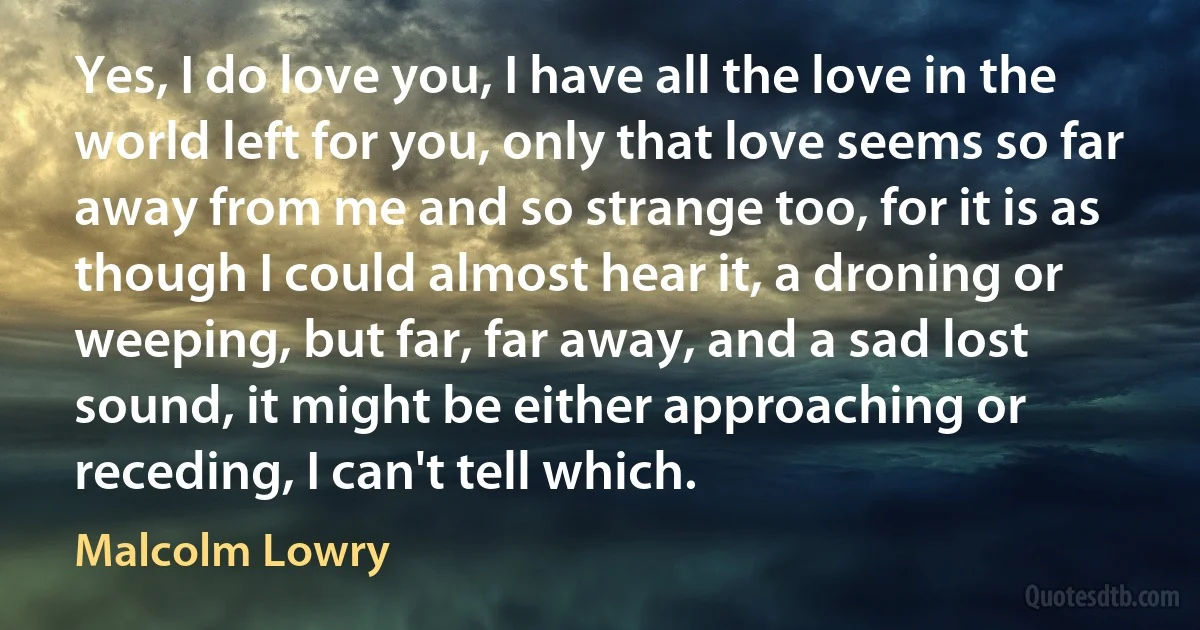Almost Quotes - page 88
There was no denying that he would always be conscious of the fact that an Earthman was an Earthman. He couldn't help that. That was the result of a childhood immersed in an atmosphere of bigotry so complete that it was almost invisible, so entire that you accepted its axioms as second nature. Then you left it and saw it for what it was when you looked back.

Isaac Asimov
If a Martian were asked to pick the most efficient and humane economic systems on earth, it would certainly not choose the countries which rely most on markets. The United States is a stagnant economy in which real wages have been constant for more than a decade and the real income of the bottom 40 percent of the population declined. It is an inhumane society in which 11.5 percent of the population, some 32 million people, including 20 percent of all children, live in absolute poverty. It is the oldest democracy on earth but also one with the lowest voting rates among democracies and the highest per capita prison population in the world. The fastest developing countries in the world today are among those where the state pursues active industrial and trade policies; the few countries in the world in which almost no one is poor today are those in which the state has been engaged in massive social welfare and labor market policies.

Adam Przeworski
"Arrh! Stars and Mud, ever conjugate, a Paradox to consider, - one...for the Astronomer-Royal, perhaps?" His current scheme being, to assail Maskelyne's Sanity, by now and then posing to him Questions that will not bear too much cogitating upon, - most lately, Über Bernouillis Brachistochronsprobleme, 1702 by Baron von Boppdörfer ("Mind like a Spanish Blade. Read it at the Risk of your Self-Esteem.") having almost done the Trick.

Thomas Pynchon
...for which I heartily thank you as she serveth me to great purpose. For she maketh my hunting very certain and speedy. She hath never failed me, for almost every day this week but brought me in the right way to a deer. And this last week she brought me to a stag which myself had stricken with my bow, being forced to the soil where, with the help of a greater water spaniel that forced him out of the water, your good brach helped to pluck him down.

William Cecil, 1st Baron Burghley
The poor Negro always remembered himself as an ex-slave and used this as the basis of any dealings with the mainstream of American society. The middle class black man bases his whole existence on the hopeless hypothesis that no one is supposed to remember that for almost three hundred years there was slavery in America, that the white man was a master, the black man a slave. This knowledge, however, is at the root of the legitimate black culture of this country. It is this knowledge, with its attendant muses of self-division, self-hatred, stoicism, and finally quixotic optimism, that informs the most meaningful of Afro-American music.

Amiri Baraka
I foresee great refinements in the field of short-pulse microwave signaling, whereby several simultaneous programs may occupy the same channel, in sequence, with incredibly swift electronic communication; vastly important developments in microwave technique, whereby present clumsy connecting leads between wall or floor sockets and electric devices like toasters and vacuum sweepers may become unnecessary; gigantic magnetrons and klystrons, or their successors, will generate megawatts in microwaves; living rooms and their occupants will be heated by high-frequency waves from walls or ceilings; short waves will be generally used in the kitchen for roasting and baking, almost instantaneously.

Lee De Forest
The microphone-amplifier-loudspeaker combination is having an enormous effect on our civilization. Not all of it is good! Consider to what heights of impudence and tyranny, and to what depths of moral depravity, has radio broadcasting and the loudspeaker attained in that recent monstrosity, Transit Radio, Inc. Almost incredible is the loathsome fact that already in 21 cities bus riders must listen to never-ending, blatant advertising and unwelcome jitterbug and bop music.

Lee De Forest
As Darwin puts it in The Descent of Man, "Male snakes, though appearing so sluggish, are amorous." Isn't that just like Darwin? It was one of his main ideas, you know, that the males of almost all animals have stronger passions than the females. Since then we've learned a thing or two. At any rate, the female snake is right there when spring arrives in the woods.

Will Cuppy
This mysterious something has been called God, the Absolute, Nature, Substance, Energy, Space, Ether, Mind, Being, the Void, the Infinite-names and ideas which shift in popularity and respectabilitywith the winds of intellectual fashion, of considering the universe intelligent or stupid, superhuman or subhuman, specific or vague. All of them might be dismissed as nonsense-noises if the notion of an underlying Ground of Being were no more than a product of intellectual speculation. But these names are often used to designate the content of a vivid and almost sensorily concrete experience-the "unitive" experience of the mystic, which, with secondary variations, is found in almost all cultures at all times. This experience is the transformed sense of self which I was discussing in the previous chapter, though in "naturalistic" terms, purified of all hocus-pocus about mind, soul, spirit, and other intellectually gaseous words.

Alan Watts
Speaking as of today, I do not consider it intellectually respectable to be a partisan in matters of religion. I see religion as I see such other basic fascinations as art and science, in which there is room for many different approaches, styles, techniques, and opinions. Thus I am not formally a committed member of any creed or sect and hold no particular religious view or doctrine as absolute. I deplore missionary zeal, and consider excessive dedication to and advocacy of any particular religion, as either the best or the only true way, an almost irreligious arrogance. Yet my work and my life are fully concerned with religion, and the mystery of being is my supreme fascination, though, as a shameless mystic, I am more interested in religion as feeling and experience than as conception and theory.

Alan Watts
We are being protected from hysteria. Isn't that what they call it? Maniacs! The world's been in a habitual state of crisis for fifty years. Fifty? What am I saying? It's been in a habitual state of crisis since the beginning - but for half a century now, almost unbearable. And why, for the love of God? What is the fundamental irritant, the essence of the tension? Political philosophies? Economics? Population pressure? Disparity of culture and creed? Ask a dozen experts, get a dozen answers. Now Lucifer again. Is the species congenitally insane, Brother?

Walter M. Miller, Jr.
For many years he had suffered from consumption, aggravated perhaps by his work of glass polishing. On Sunday, February 21, 1677, the end came unexpectedly, and almost suddenly. ...
Credit must be given to Colerus [John Kohler]... for his downright contradiction of the tales concerning Spinoza's death-bed which were circulated, it would seem, by persons who thought it would tend to edification to represent Spinoza as the blustering infidel of popular orthodox polemics, who is invariably assailed by doubt and disquietude in his last moments, and as invariably strives to disguise them with feeble bravado. Colerus very honestly says that the people of the house... knew nothing of any such matters, and did not believe a word of them.

Baruch Spinoza
The rediscovery of Spinoza by the Germans contributed to the shaping of the cultural destinies of the German people for almost two hundred years. Just as at the time of the Reformation no other spiritual force was as potent in German life as the Bible, so during the eighteenth and nineteenth centuries no other intellectual force so dominated German life as Spinozism. Spinoza became the magnet to German steel. Except for Immanuel Kant and Herbart, Spinoza attracted every great intellectual figure in Germany during the last two centuries, from the greatest, Goethe, to the purest, Lessing.

Baruch Spinoza
But how to write about a man who lived such a contemplative life marked by so few striking external events? He was extraordinarily private, and he kept his own person invisible in his writing. I had none of the material that ordinarily lends itself to narrative-no family dramas, no love affairs, jealousies, curious anecdotes, feuds, spats, or reunions. He had a large correspondence, but after his death his colleagues followed his instructions and removed almost all personal comments from his letters. No, not much external drama in his life: most scholars regard Spinoza as a placid and gentle soul-some compare his life to that of Christian saints, some even to Jesus.

Baruch Spinoza



